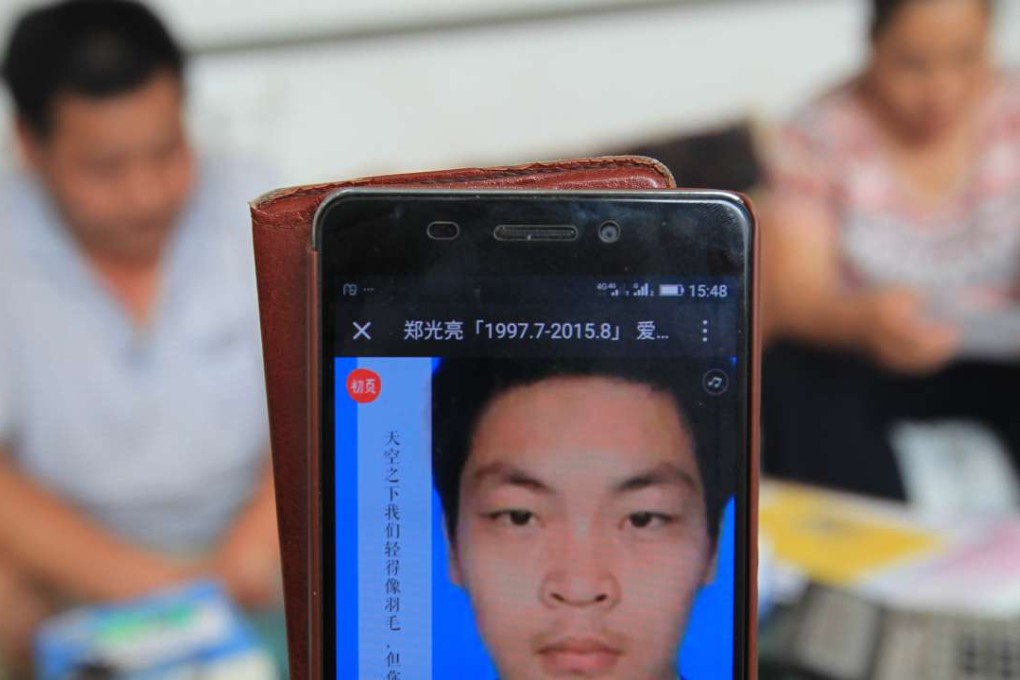Advertisement
Tianjin disaster still scars firefighters’ families and friends one year on
Reading Time:4 minutes
Why you can trust SCMP

Former fireman Zhang Mengfan lost his best friend to the inferno ignited by last year’s massive explosions at a chemical warehouse in Tianjin’s Binhai New Area.
Zhang, 24, was working on the communications desk for his military firefighting brigade when the call came in.
Advertisement
He and his best friend, Zi Qinghai, who had spent almost 24 hours every day training to take fire alerts, sent the messages to the brigade.
Zhang remained at the post but his friend was sent to the scene with the rest of the crew.
Advertisement
Zi was among the eight members of the brigade who died. All the 18 others who returned sustained injuries of some form; four are still in hospital.
Advertisement
Select Voice
Choose your listening speed
Get through articles 2x faster
1.25x
250 WPM
Slow
Average
Fast
1.25x